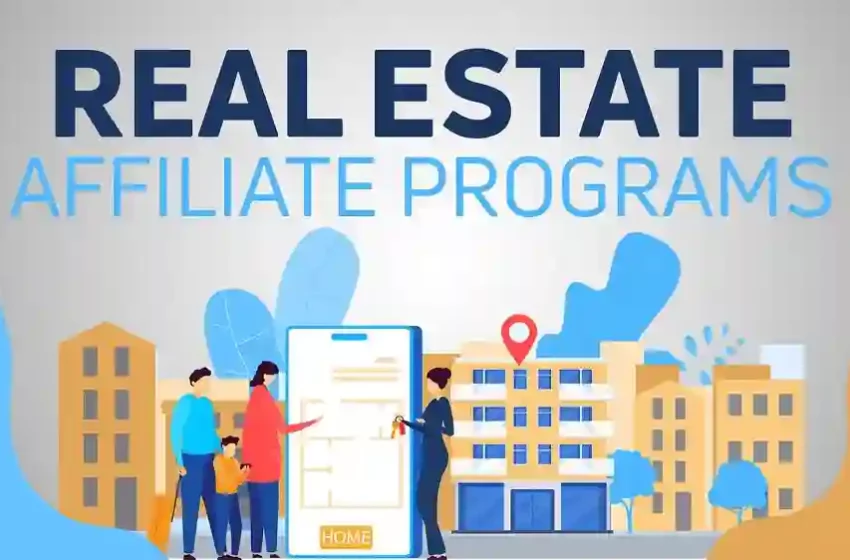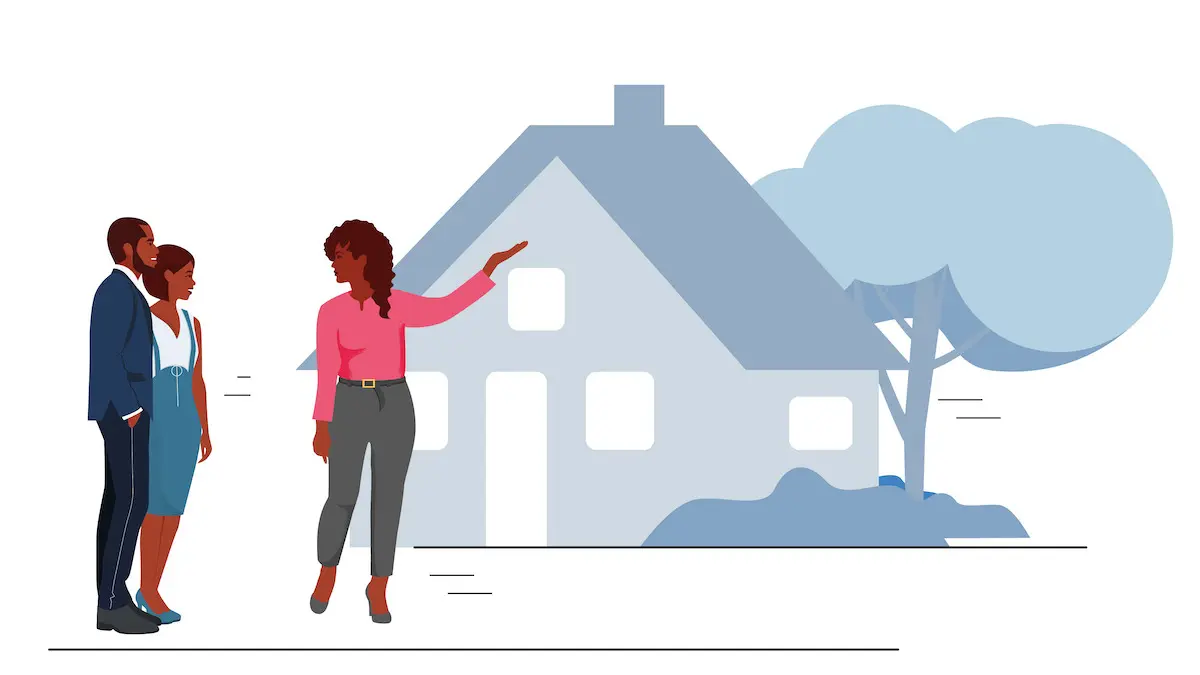
Empowering Veterans Through Real Estate: A Comprehensive Look at Veterans Real Estate Programs
As veterans transition from military service to civilian life, they face a myriad of challenges, one of the most significant being housing. Recognizing this, various programs have been developed to support veterans in their real estate endeavors. These initiatives aim not only to provide housing solutions but also to empower veterans by leveraging their unique skills and experiences. In this article, we will delve into the realm of Veterans Real Estate Programs, exploring their objectives, benefits, and the positive impact they have on the lives of those who have served our nation.
The Need for Specialized Programs
When veterans return to civilian life, they often encounter difficulties in finding suitable housing. Factors such as financial constraints, post-traumatic stress disorder (PTSD), and the challenge of translating military skills to the civilian job market can complicate their journey. Veterans Real Estate Programs are designed to address these specific challenges, offering tailored support to ease the transition.
Government Initiatives
Several government-backed programs play a crucial role in assisting veterans with housing. The Department of Veterans Affairs (VA) offers home loans, the most well-known being the VA Home Loan program. These loans provide favorable terms, such as low interest rates and no requirement for a down payment, making homeownership more accessible for veterans.
Additionally, the Supportive Services for Veteran Families (SSVF) program, administered by the VA, focuses on preventing homelessness among veterans and their families. This program provides financial assistance to help with rent, utilities, and other housing-related expenses.
Nonprofit Organizations and Partnerships
Beyond government initiatives, numerous nonprofit organizations collaborate with veterans to provide housing solutions. Organizations like Homes For Our Troops specialize in building specially adapted homes for severely injured veterans, addressing their unique mobility and accessibility needs.
Moreover, partnerships between nonprofits and private sector entities have resulted in innovative programs. For instance, the Military Housing Assistance Fund collaborates with real estate professionals to offer financial assistance to veterans when purchasing a home. These partnerships create a holistic approach to supporting veterans, combining financial aid with expert guidance.
Real Estate Training and Mentorship Programs
Recognizing the valuable skills acquired during military service, some programs focus on empowering veterans within the real estate industry itself. Real estate training and mentorship initiatives provide education on various aspects of the industry, from property investment to property management.
These programs not only equip veterans with the knowledge and skills necessary for success in real estate but also connect them with mentors who guide them through the nuances of the industry. This mentorship component is invaluable, as it leverages the camaraderie and teamwork ingrained in military culture, fostering a supportive environment for veterans entering the real estate arena.
Addressing PTSD and Mental Health Challenges
Many veterans face mental health challenges, particularly PTSD, which can complicate their ability to navigate civilian life successfully. Veterans Real Estate Programs often incorporate mental health support services to address these challenges.
Collaborations with mental health professionals and counseling services help veterans manage stressors related to the home buying process or adjusting to new living situations. By acknowledging the importance of mental health in the transition process, these programs contribute to the overall well-being of veterans and their families.
Success Stories and Impact
The impact of Veterans Real Estate Programs can be seen in the success stories of those who have benefited from these initiatives. From homeownership achievements to entrepreneurial ventures in real estate, veterans have demonstrated resilience and determination.
These success stories not only highlight the effectiveness of these programs in meeting the unique needs of veterans but also serve as inspiration for others contemplating a similar path. By showcasing these achievements, Veterans Real Estate Programs contribute to changing the narrative surrounding veterans’ post-service lives, emphasizing their capabilities and potential.
Challenges and Opportunities for Improvement
While Veterans Real Estate Programs have made significant strides, challenges persist. Access to these programs can be limited, and awareness among veterans may be lacking. Improving outreach efforts and ensuring that information about available resources reaches every eligible veteran are essential steps in addressing this issue.
Additionally, ongoing efforts to adapt and expand these programs to meet evolving needs are crucial. This includes staying abreast of changes in the real estate market, adjusting financial assistance programs to align with current economic conditions, and incorporating feedback from veterans to enhance the overall effectiveness of these initiatives.
The Future of Veterans Real Estate Programs
Looking ahead, the future of Veterans Real Estate Programs holds promise. Continued collaboration between government agencies, nonprofits, and the private sector will likely result in more comprehensive and tailored support for veterans. As the real estate industry evolves, so too will the programs designed to assist veterans, ensuring that they remain relevant and effective.
Moreover, the integration of technology into these programs can enhance accessibility and efficiency. Online resources, virtual training programs, and digital platforms for mentorship can break down geographical barriers, allowing veterans from various locations to benefit from these initiatives.
Conclusion:
In conclusion, Veterans Real Estate Programs play a vital role in empowering those who have served our nation. By addressing the specific challenges faced by veterans in the realm of housing, these programs contribute to a smoother transition to civilian life. Whether through government-backed initiatives, nonprofit collaborations, or real estate training programs, the collective effort to support veterans in their real estate endeavors has a lasting impact on individuals, families, and communities. As we reflect on the accomplishments and the potential for growth in this field, it becomes evident that the commitment to serving those who have served us remains unwavering.


